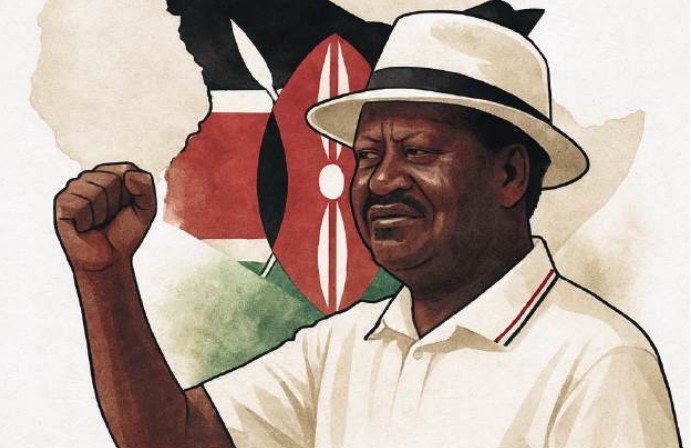Edible Oil Manufacturers Association of Kenya has blamed the recent rise in the price of cooking oil on the new 10 per cent import duty on crude palm oil.
The association said the abrupt introduction of the new tax on crude palm was done without any public participation.
They have warned it will increase the cost of living for millions of Kenyans and push them further into deeper financial distress.
The association’s spokesperson Billow Kerrow said prices of essential products like soap, bread, mandazis, chapatis and margarine will also rise since cooking oil is an important component in their production.
“In case you have not noticed, in the last one month, the price of cooking oil has gone up sharply. A 20 litre jerrican that was retailing at Sh3,800 is today costing Sh4,200,” Kerrow said.
Crude palm oil is a key raw material used in the production of cooking oil.
Kerrow, who is also the proprietor of edible oil manufacturer Darford Industries Limited, noted that the 10 per cent import duty on crude palm oil came into effect on July 1, 2024.
The tax was a result of Kenya’s application of the East African Community Common External Tariff to raise duty on crude palm oil from zero to 10 per cent, which was published in the EAC Gazette No. 18 on June 30, 2024.
The new levy came into effect days after President William Ruto declined to sign the controversial Finance Bill, 2024.
Speaking at a press conference on Tuesday, Kerrow noted that the Finance Bill had proposed the introduction of 25 per cent tax on both raw and refined vegetable oil.
He said edible oil manufacturers in Kenya are currently paying several taxes; two per cent Nuts and Oil Crops Development Levy, Import Declaration Fees (2.5 per cent), Railway Development Levy (1.5 per cent), Import Duty (10 per cent) and VAT (16 per cent).
“It means for every bottle of cooking oil you purchase, 32 per cent of the money you pay goes to taxes,” Kerrow added.
“We therefore ask the government to stay the execution of the new tax as this single act will cushion millions of Kenyan consumers, especially the vulnerable ones against significant price hikes for these essential household products.”
Kerrow added that the taxes have made edible oil manufactured in Kenya uncompetitive in the international markets.
“We no longer export edible oil to Uganda, the Democratic Republic of Congo, South Sudan because these countries are better off importing the commodity from Malaysia. We solely depend on the domestic market for survival,” he said.
He noted that the association represents 13 edible oil manufacturers in the country.














![[PHOTOS] How ODM@20 dinner went down](/_next/image?url=https%3A%2F%2Fcdn.radioafrica.digital%2Fimage%2F2025%2F11%2F99d04439-7d94-4ec5-8e18-899441a55b21.jpg&w=3840&q=100)

